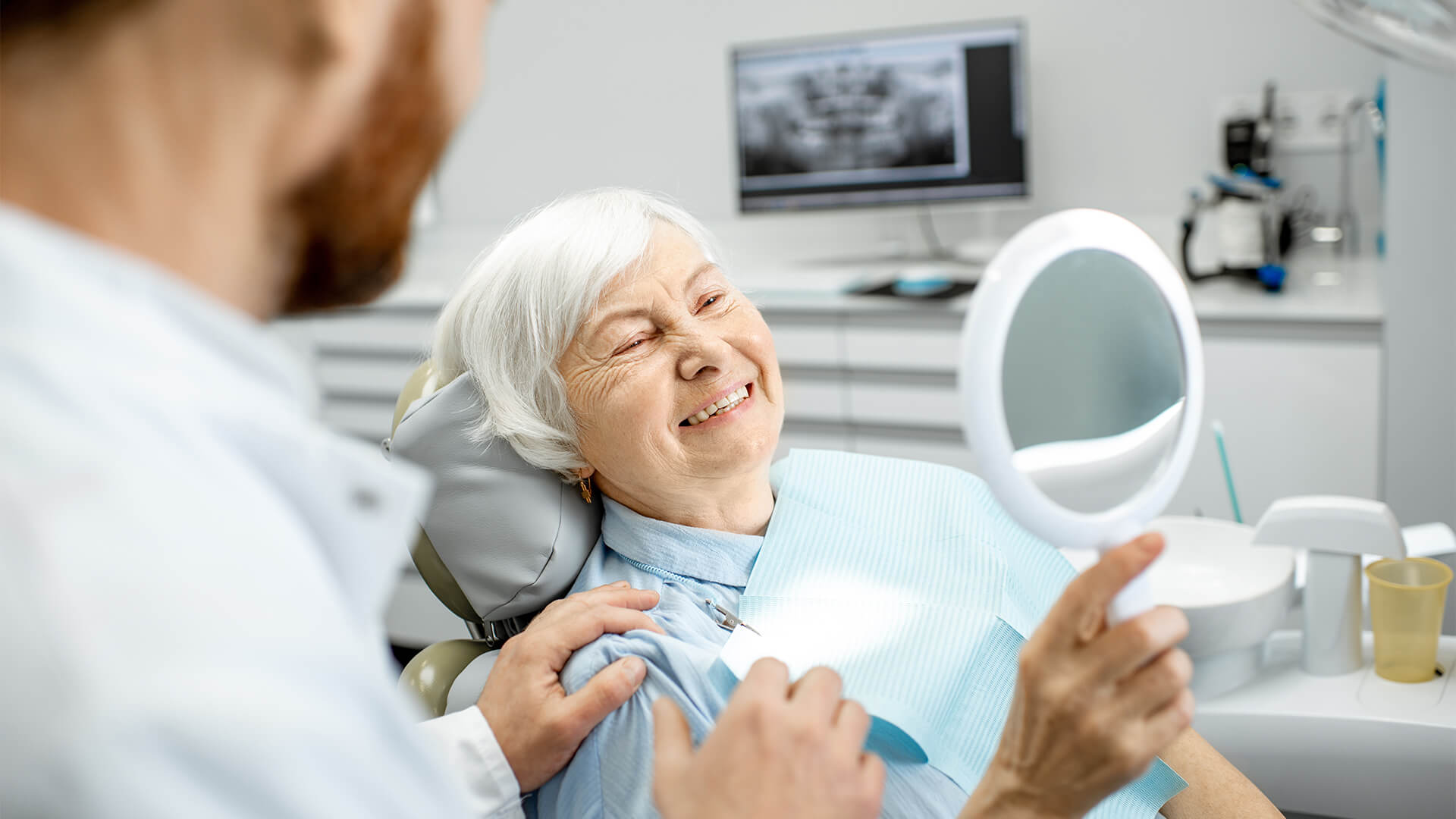
If you’re looking for tips on caring for dental health as a senior, it can be hard to know where to start. There’s a lot of conflicting advice about the best ways to take care of your teeth, and some of those methods are not always ideal for seniors. Here are some tips for taking care of your teeth as a senior:
1. Visit the Dentist Often
By having your teeth cleaned and examined every six months, you can help avoid cavities, gum disease, and other problems resulting from poor oral hygiene. These visits also allow you to make any necessary adjustments in your brushing techniques or other habits to work better for your specific needs.
But what if you can’t leave the house that much or would just rather not? Then maybe home dental visits are the best for you. You can check out this site on how you can make that happen and make sure you don’t miss your necessary checkups.
2. Brush and Floss Regularly
Make it a habit to brush and floss regularly. This will help prevent tooth decay, gum disease, and other problems that can affect the health of your teeth.
When brushing, it’s best to use a soft-bristled toothbrush with a small head for better access to the back teeth. Do this for at least two minutes to reduce plaque buildup on your teeth. In addition, flossing makes it easier for you to remove food particles between your teeth, where most cavities start growing. If flossing is difficult for you because of arthritis or limited range of motion in the hands or arms, ask your dentist about using waxed floss instead.
3. Use the Right Toothbrush and Toothpaste
Besides brushing your teeth, another thing to keep in mind is choosing your toothbrush and toothpaste. Here’s a quick guide:
- Choose a soft bristle rather than hard one, especially if you’re a senior. The reason behind this is because your gums are likely thinner, more sensitive, and have had more time to develop periodontal disease.
- Another is using fluoride-containing toothpaste. This is highly recommended as it helps prevent cavities and strengthens enamel by remineralizing teeth. Make sure to get your seniors checked every six months to ensure they don’t need fluoride supplements (in case they live in an area where their water supply is fluoridated).
- If you have limited mobility, then all the more reason to use an electric toothbrush. It’s effective at removing plaque and therefore helping you keep your teeth. But if you have full mobility, you can protect your dental health just as effectively using a manual toothbrush.
4. Drink Plenty of Calcium
Calcium is essential for healthy bones and teeth. It can be found in dairy products, fish, and leafy green vegetables. It would be best to get enough calcium to meet your body’s daily needs as this mineral helps your body absorb the iron you need to make red blood cells.
The amount of calcium you need depends on your age and gender—women generally have higher needs. Moreover, your diet affects how much calcium you need because some foods contain more or less of it than others.
5. Quit Smoking
The most common cause of tooth loss is gum disease and a lack of oral hygiene, but smoking also puts you at risk for these conditions. Smoking can cause bad breath, tooth enamel wearing away, cavities, and gum recession. Your teeth will thank you if you quit smoking as soon as possible.
You can look up guides on quitting smoking, as most people find it challenging, especially when trying to quit cold turkey (and maybe you shouldn’t). Take it in strides but do it soon, and you might just save your teeth.
6. Use a Prescription Fluoride Rinse
Fluoride is a mineral that helps prevent cavities. It’s already added to toothpaste and drinking water. Fluoride may be prescribed in a rinse for seniors who don’t get enough fluoride from other sources.
However, it’s important to note, if you have kids in the house, that fluoride rinses aren’t recommended for infants and children under six years old because their developing teeth are more sensitive than adult teeth.
Conclusion
As you get older, you will feel the effects of poor dental hygiene on your body and health; it’s crucial to maintain good oral hygiene if you want to live a healthy life for as long as possible.
These tips can help you keep your teeth healthy if you’re a senior. With extra care and effort, you can avoid missing out on the benefits of having a beautiful smile!
















